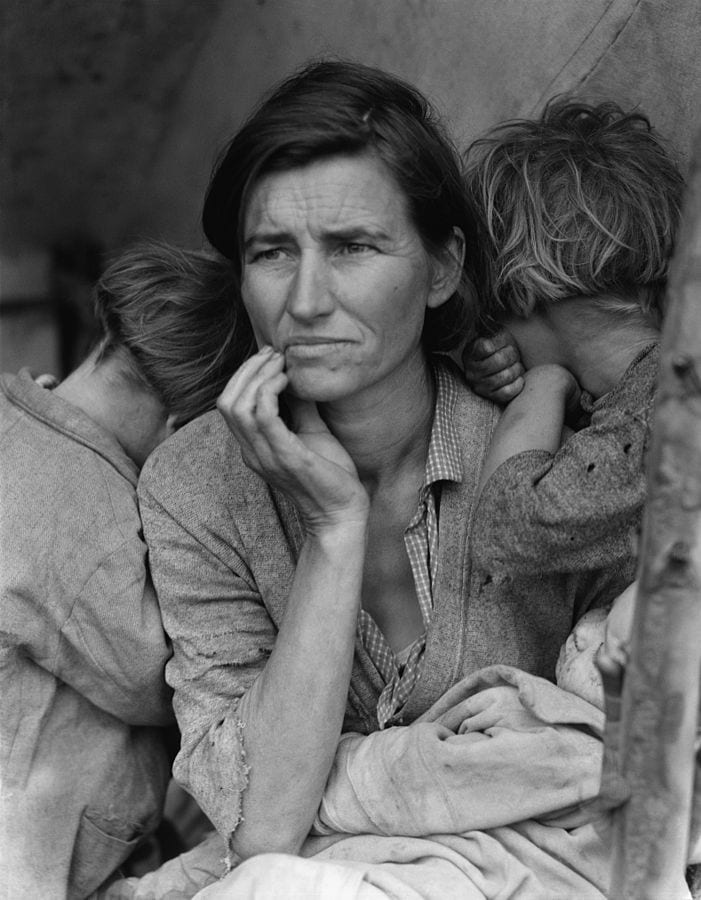Diana Laurillard, London Knowledge Lab
MOOCs – Massive Open Online Courses – have been grabbing headlines and conference time for a year or two now. It’s the very large numbers that attract attention. But are MOOCs solving any real, global education problems? They are certainly not solving the problem of providing the 100,000,000 university places now needed by young people in emerging economies desperate for HE. This will double by 2025. They are not the people taking MOOCs.
They are not solving the problem that in the US student loan debt is now higher than credit card debt; nor the problem that in the UK 40% of student loans will not be repaid. University fees remain high while graduate pay is still low.
Massive sums have been invested in these courses by universities and venture capitalists, but right now the main beneficiaries are those who need it least. The most popular MOOCs are in computer science, finance and psychology. They do attract large numbers – sometimes hundreds of thousands to one course. But the people most likely to stay the course and gain a free qualification are well-educated men in their 30s working in professional jobs. Research by MOOC provider Coursera shows that 85% of MOOC participants already have university degrees.
So the problem MOOCs succeed in solving is: to provide free university teaching for highly qualified professionals.
Consider another problem: achieving the Millennium Development Goal of universal primary education by 2015. UNESCO data show (PDF) that by 2015 there will still be 53m children out of school.
When attempting to address our most ambitious educational goals, it should be a professional habit always to ask “how can technology help?” – especially when they are large-scale.
How do we reach these children? The answer is that we don’t, not directly. We focus first on developing the teachers. UNESCO estimates that we need 1,600,000 teachers to achieve universal primary education by 2015 (PDF page 223). Suppose we could use MOOC-style courses to provide teacher development for 10,000 teacher educators in the cities of developing countries? And each of those could use the same MOOC materials to train 10 teachers in the local towns? And each of those could train 16 local teachers in their villages? And they in turn could reach the children who would not otherwise have had any primary schooling…?
Here at the IOE, we are making a start. Supported by the UNESCO Institute for IT in Education we are pioneering a MOOC on ICT in Primary Education. It’s due to begin on 27 May, and we have already enrolled over 4000 teachers, school leaders, policy-makers and other educationists from more than 50 countries. It will run for 6 weeks, and is built around case studies of good practice from around the world.
This is a professional development course for which the teaching methods currently used in MOOCs – videos, forums and quizzes* – are appropriate, because teachers are professionals who know how to learn, and can learn a lot from each other. These methods are not sophisticated enough for teaching children or even undergraduates in the developing world, which is why the beneficiaries are still the rich. But they may help to train the professionals who can begin to make the difference.
The demand for education will continue to rise; we cannot afford to scale up at the current per student cost, in any sector, in any country. And even at the modest cost of $49, our CPD MOOC is a stretch for teachers from developing countries**.
If we are to have any hope of reaching our most ambitious educational goal of universal primary education, we have to find innovative ways of teaching. MOOCs could be part of the solution, but only if we start focusing on the problems we have.
Free university education for highly qualified professionals is not one of them.
* However, the UK’s FutureLearn does have more ambitious plans for the pedagogy it will support.
**Recently we asked Coursera for differential pricing by country, and I was delighted to see in their latest roadmap that they are responding to pressure on this, and will introduce it soon.

 Close
Close

